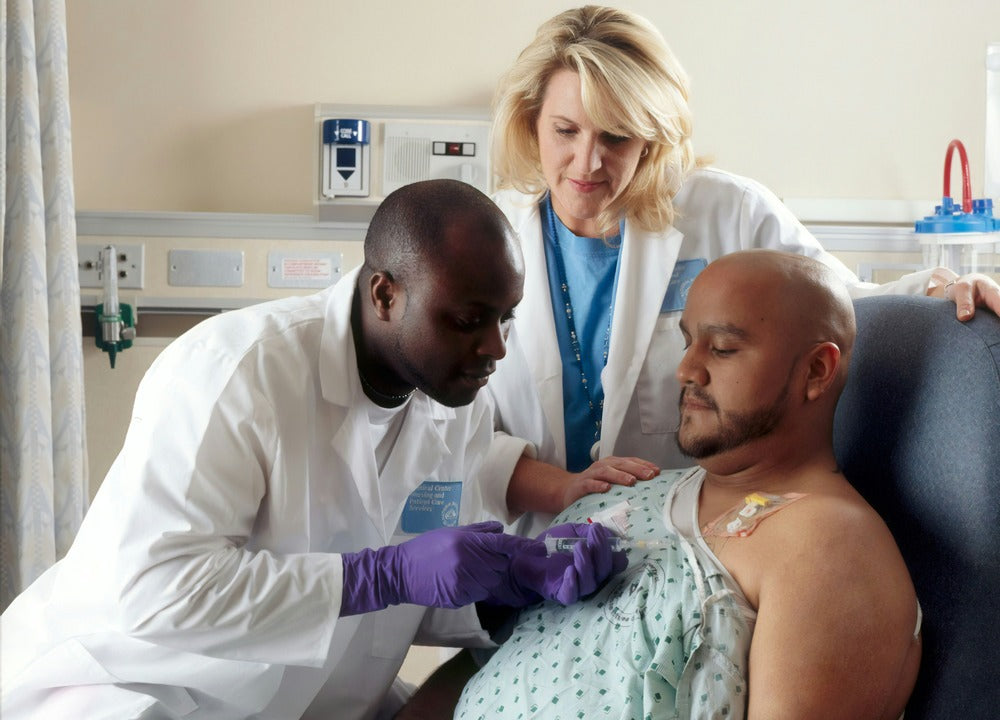How to Reverse Neuropathy from Chemo


Posted by:
Johannes Sauer
Reviewed by:
Updated at: November 27, 2024
CHECK OUT THE LATEST IN ADAPTIVE FOOTWEAR...
FAQ
What are the common symptoms of neuropathy from chemotherapy?
Which chemotherapy drugs are most commonly associated with neuropathy?
Can neuropathy from chemotherapy be reversed?
How can exercise help with neuropathy?


![[color: white] Original Women's Adaptive Shoe](http://cadense.com/cdn/shop/files/Womens-WHT-T1-LG.jpg?crop=center&height=300&v=1765381322&width=300)
![[color: black] Original Men's Adaptive Shoe](http://cadense.com/cdn/shop/files/Mens-BLK-T1-LG.jpg?crop=center&height=300&v=1765338442&width=300)





